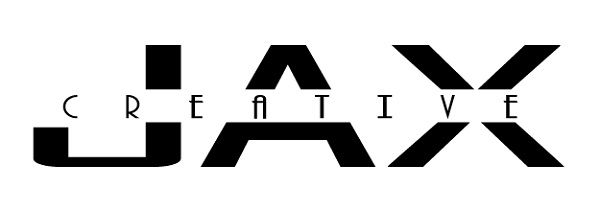Strategic SEO That Drives Real Growth
We’re not all experts in everything, but at JAX Creative, we are *several* experts. For over 15 years, we’ve worked with brands of all sizes to create and execute advanced SEO strategies that deliver actual results. If your website isn’t ranking, generating leads, or driving traffic, it’s time for a full SEO overhaul.
What Is Strategic SEO?
The SEO we’re talking about here is a multi-faceted approach to online presence that goes far beyond keyword stuffing. Effective SEO:
- Prioritizes technical elements like page speed, mobile optimization, and indexability
- Focused on on-page factors, like content structure, keyword placement, and context
- Drives authority through effective off-page factors like backlinks and backlink building
Without these three elements in harmony, your SEO efforts can grind to a halt. No matter how many keywords you target.
How We Do It
At JAX Creative, we approach SEO with a proven, process-driven method:
- Audit & Discovery
- We evaluate your site’s technical configuration, keyword positioning, content quality, backlink profile, and competition. We identify opportunities and create a clear path forward.
- Technical SEO
- Next, we’ll fix the issues that are causing your site to underperform—page speed, mobile optimization, structured data, sitemaps, and indexability. We want search engines to crawl your site and give it the ranking it deserves.
- On-Page SEO & Content StrategyWe apply metadata, heading tags, and internal links to every page. Then, we’ll create new, quality, SEO-focused content like blogs, service pages, and how-to guides that meet search intent, establish your authority, and strengthen your credibility.
- Off-Page SEO & Link Building
- We build backlinks using white-hat, organic methods that strengthen your authority and increase search visibility. We’ll build your local presence with effective Google Business profiles, building citations, and gaining mentions.
- Monitoring & Optimization
- We’ll track keyword performance, traffic, and conversions through analytics and monthly reporting. Then, we’ll improve your strategy by pruning weak content, optimizing high-performing content, and responding to emerging trends.
What Makes Us Different
- We’re a One-Stop Shop for SEO Expertise
- We offer a range of SEO services that work together—technical SEO, content strategy, link building, and analytics. The end result? Effective SEO that lasts.
- We Build Strategies, Not Blueprints
- Every client starts with a unique goal, audience, and competition landscape. We don’t apply cookie-cutter solutions—we craft what works for you.
- We Translate the Metrics Into Insights
- We make SEO metrics clear and easy to understand. You’ll always know what’s working and how we’re impacting your business.
- We Drive Business Growth
- We don’t chase rankings—we generate traffic that turns into business growth and real ROI.
Ready to Drive Your Traffic & Grow Your Business?
Are you ready to start ranking, generating traffic, and driving more customers to your business? JAX Creative’s strategic SEO services can help.

